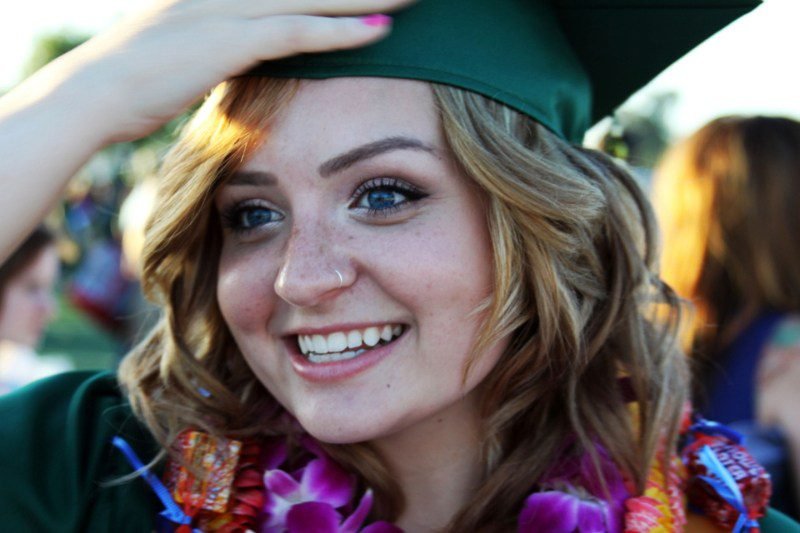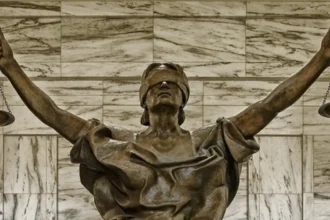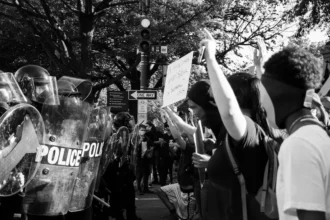Higher education is at a pivotal moment in its history. The traditional focus on academic excellence, while still vital, is no longer sufficient in our interconnected and rapidly evolving world. I argue that the real answer lies in transformative education centered on human rights. This approach goes beyond the confines of textbooks and lectures. It delves into the very essence of what it means to be a responsible and active member of society.
The core of this transformative education is not just about knowledge acquisition. It’s about shaping character, fostering empathy, and promoting a deep sense of responsibility. Values such as respect, empathy, equality, and solidarity become the guiding principles. These aren’t just abstract concepts to be discussed in a classroom setting. They are values to be lived, experienced, and internalized.
Universities, as the bastions of higher learning, have a profound responsibility in this regard. They are not just institutions that grant degrees; they are the crucibles where the future leaders, thinkers, and change-makers are molded. It’s imperative that these institutions recognize the changing dynamics of the world around them and adapt accordingly.
Citizenship: More Than Just a Concept
Citizenship often goes beyond a mere label. In my research, I explored its deeper meaning. I aimed to understand its core essence. The results were enlightening. There’s a strong link between citizenship education and human rights. They’re deeply connected. One enhances the understanding of the other.
Being a citizen isn’t just about rights. It’s about understanding shared human experiences. It’s about empathy and respect for every individual’s story.
Students’ experiences were pivotal in this exploration. They interacted with diverse groups. This included refugees and the homeless. They also met those facing economic challenges. These weren’t just academic interactions. They were personal encounters. They reshaped students’ perceptions. Real-life experiences often differ from textbook narratives. These encounters broke many stereotypes.
Instead of societal labels, students saw real people. They recognized their aspirations and challenges. They understood their dreams. Every individual has a story. These stories are filled with emotions and experiences. Being a citizen isn’t just about rights. It’s about understanding shared human experiences. It’s about empathy and respect for every individual’s story.
Pedagogical Practices: The Heart of Transformation
Transformation goes beyond mere change. It’s a profound evolution, a metamorphosis. In my research, I delved deep into this concept. The primary goal was to understand how students evolve. How do they transition from passive learners to active thinkers? What sparks this change? These questions drove my exploration.
The heart of this study was the students’ potential. I was particularly interested in their capacity for transformative action. The world is ever-changing, and adaptability is crucial. Students today face challenges that are multifaceted. Thus, understanding their potential for change is vital. It’s not just about academic growth. It’s about personal and social evolution.
Pedagogical practices were another focus area. How do different teaching methods impact students? Can they catalyze deep shifts in perspectives? Or even reshape attitudes? Every classroom interaction, every teaching technique was under the microscope. The aim was to discern patterns. Patterns that could indicate transformative triggers.
The role of universities is not just to educate but to inspire.
The research journey was far from smooth. It was a path laden with challenges. Yet, every challenge brought its own set of insights. The research design, intricate and detailed, was a learning experience in itself. Every observation, every student interaction, added a piece to the puzzle. These weren’t just academic exercises. They were windows into the minds of learners. Glimpses into their thought processes and evolving perspectives.
What emerged from this study was enlightening. Pedagogical practices, when applied thoughtfully, have immense power. They can shape minds, mold perspectives, and inspire action. They can turn passive learners into proactive thinkers. Into individuals ready to face the world’s challenges head-on.
The Power of Forum Theatre
Forum Theatre added a new dimension to our pedagogy. It’s not just about watching a play. It’s about engaging with it. In my research, I discovered its transformative potential in the realm of education. Unlike traditional theatre, where audiences passively watch a performance, Forum Theatre invites active participation. It blurs the lines between the stage and the audience, creating a dynamic learning environment.
At the core of this method is engagement. Students aren’t mere spectators. They become part of the narrative. Imagine a scene depicting a social injustice. Instead of just watching, students have the power to intervene. They can halt the performance, step onto the stage, and propose alternative actions. This interactive approach gives them a sense of agency. It’s a stark departure from conventional teaching methods that often position students as passive recipients of knowledge.
The beauty of Forum Theatre lies in its ability to empower. Through active participation, students discover their voice. They learn that they can challenge societal norms and question injustices. More importantly, they realize that they can be agents of change. They can offer solutions, drive conversations, and inspire action.
This method also fosters critical thinking. Students are encouraged to analyze situations, understand different perspectives, and propose informed solutions. It’s not just about reacting to a scene. It’s about understanding its nuances, its underlying themes, and its broader implications.
The Role of Universities
Universities hold a unique position in society. In my view, they are more than just educational institutions. They are catalysts for change. They have the power to mold a culture. A culture that prioritizes citizenship and human rights. These values, however, are facing challenges. The shadows of intolerance and inequality are growing, casting doubts on our shared values.
The findings from my research highlight an urgent need. The role of universities is not just to educate but to inspire. They need to address the pressing concerns of today’s students. Concerns about justice, equity, and societal values. The traditional pedagogical methods may not suffice. Universities need to adapt. They need to adopt teaching methods that echo students’ concerns. Methods that foster critical thinking, empathy, and active citizenship.
The campus should be more than just a place of learning. It should be a sanctuary. A space where dialogue is encouraged, where diverse views are respected. It should be a place where students feel heard, where their concerns are addressed. A place that instills hope and inspires action.
Adaptado de un estudio académico para un público más amplio, bajo la licencia CC BY 4.0









